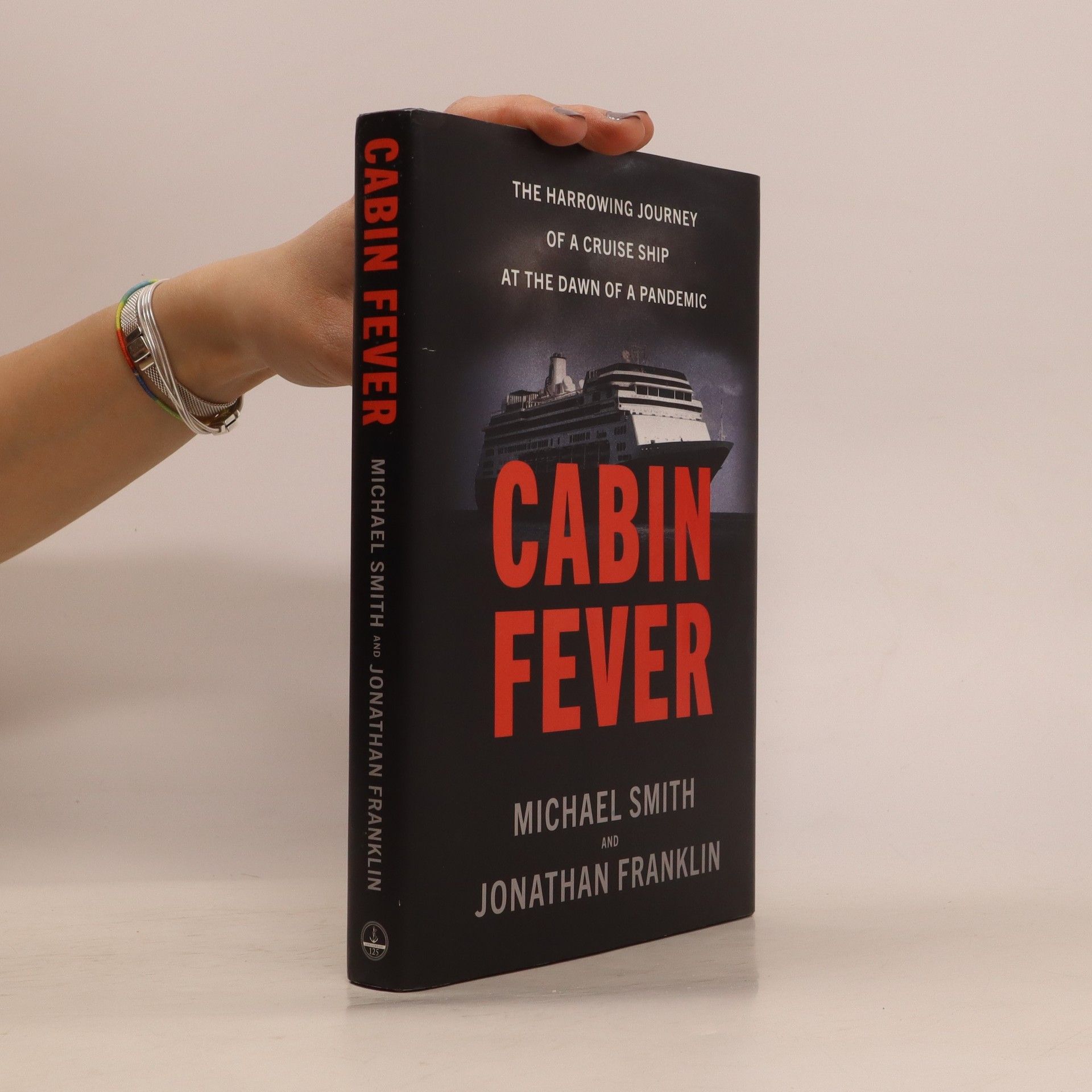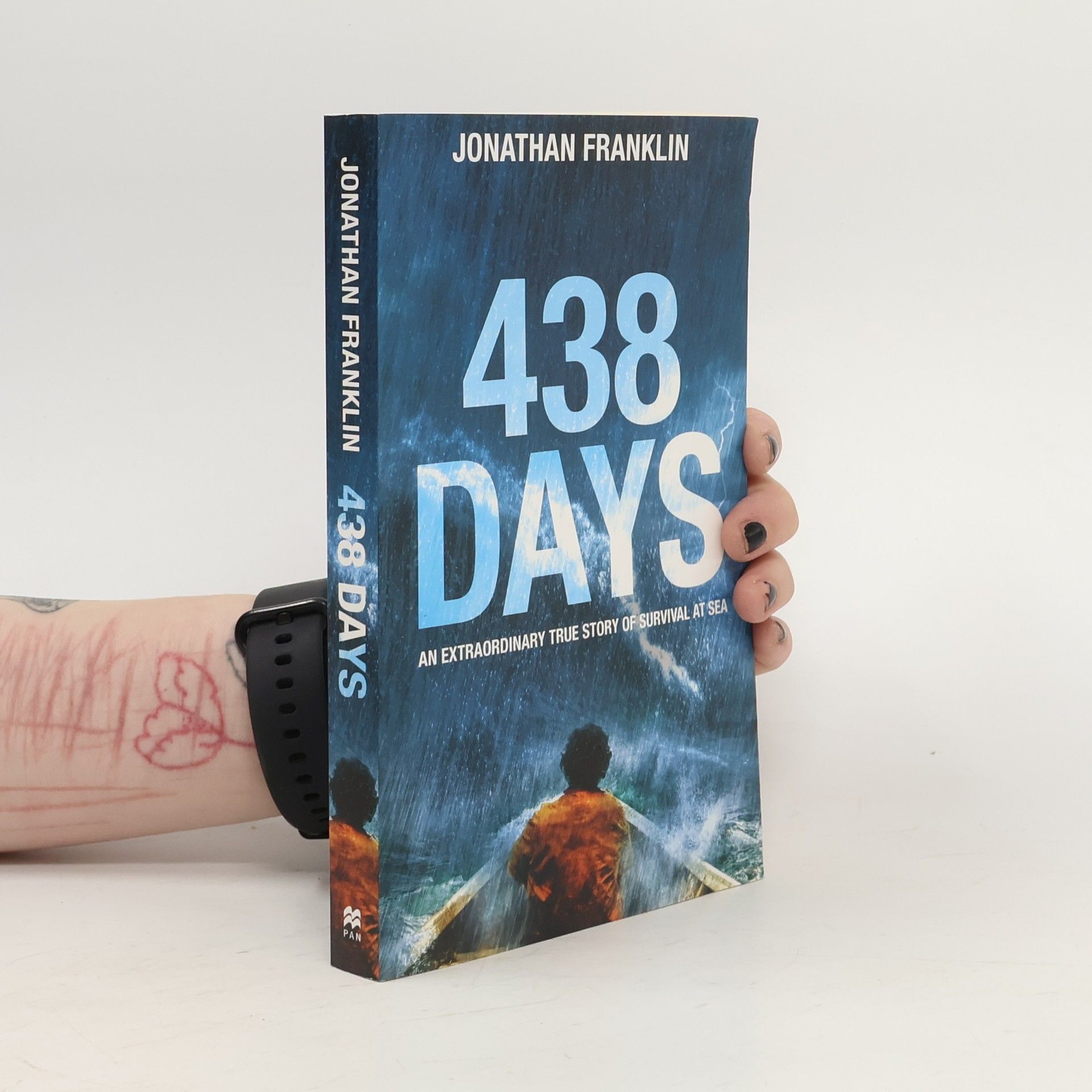438 Days
- 300 pages
- 11 hours of reading
The true story of one man's record-breaking 438 days lost at sea.






The true story of one man's record-breaking 438 days lost at sea.
The authors take a look at a variety of types of painting by artists such as Holbein, Raphael, Titian and Bronzino providing insight into the meanings of individual pictures and their purpose as they explore the materials, procedures, practices and the social position of the artist of the 1500s.
In 1991, Doug Tompkins abandoned his comfortable life in San Francisco and flew 6,500 miles south to a shack in Patagonia. Instead of the Golden Gate Bridge, Tompkins stared out the window at Volcano Michinmahuida, blanketed in snow and prowled by mountain lions. Shielded by waterfalls and wilderness, the founder of such groundbreaking companies as Esprit and The North Face suddenly regretted the corporate capitalism from which he had profited from years. As a CEO he had caused much pollution and, “made things nobody needed.” Now, he declared, it was time to reverse the damage to the planet, and maybe even himself. In A Wild Idea , award-winning journalist and bestselling author Jonathan Franklin tells the incredible true story of Douglas Tompkins, who became one of the primary founders of our modern conservation and land protection movement. Piloting his small plane, Tompkins explored the uninhabited lands of Patagonia and gaped at the singular active volcanoes, forests never logged, rivers never dammed—all so undisturbed, so exquisitely designed. Could he protect this wild beauty? For the ensuing quarter century, that dream— that obsession—became his life. Only in death did it become his legacy.
In early 2020, the world was on edge. An ominous virus was spreading on different continents, and no one knew what the coming weeks would bring. Far from the hot spots, the cruise ship Zaandam, owned by Holland America, was preparing to sail from Buenos Aires, Argentina, loaded with 1,200 passengers -- Americans, Europeans and South Americans, plus 600 crew.
A harrowing narrative unfolds aboard the Holland America cruise ship Zaandam, which set sail just days before the world shut down in March 2020, carrying a deadly stowaway—Covid-19. In early 2020, as an ominous virus spread globally, the Zaandam prepared to depart Buenos Aires with 1,200 passengers, primarily over 65, and 600 crew members. Despite growing concerns about the virus, the cruise line insisted the voyage would continue as planned, asserting it would be safe. This riveting thriller takes readers behind the scenes of the ship’s operations and into the lives of those unprepared for the impending crisis. Among the passengers is a retired American school superintendent on a dream trip to Machu Picchu with his wife, and an Argentine psychologist celebrating her 64th birthday, who finds herself anxious and fretting in her cabin. An Indonesian laundry manager, dedicated to supporting his family back home, also faces the unfolding disaster. As illness spreads among the passengers, the world’s ports close, and Zaandam becomes a headline story, denied safe harbor. With only two doctors and limited medical supplies, the ship drifts through a harrowing ordeal, facing dwindling food and water while navigating the chaos of a pandemic.
Eine der dramatischsten Rettungsaktionen der Geschichte Als die Welt am Schicksal der 33 eingeschlossenen chilenischen Bergleute Anteil zu nehmen begann, hatten sie 17 dramatische Tage in völliger Abgeschlossenheit hinter sich. Die Kamikaze, so nennen sich die Bergleute der Atacamawüste angesichts des desolaten Zustands ihrer Mine, kämpften gegen Hunger, Durst, Hitze, Angst. Es sollte die längste Schicht unter Tage in der Geschichte werden: 69 Tage in 700 Metern Tiefe. Jonathan Franklin hatte als einziger Reporter weltweit Zugang zu allen Bereichen, zu allen Beteiligten; er protokollierte die Kommunikation mit den Eingeschlossenen, wurde Zeuge ihres eisernen Überlebenswillens und ihres schwarzen Humors ('Gibt es auch Telefonsex?'). Er lernte ihre Angehörigen und auch die Bergleute selbst als einer der Ersten kennen. Sein Bericht ist ein einzigartiges Zeugnis der spektakulären Befreiung. Und er ist ein berührendes Dokument von Zuversicht, Widerstandskraft und Würde in einer extremen Situation.
438 Tage. Good Morning, Mr Mandela. Hausbesuche. Ein Hund ist ein Herz auf vier Beinen